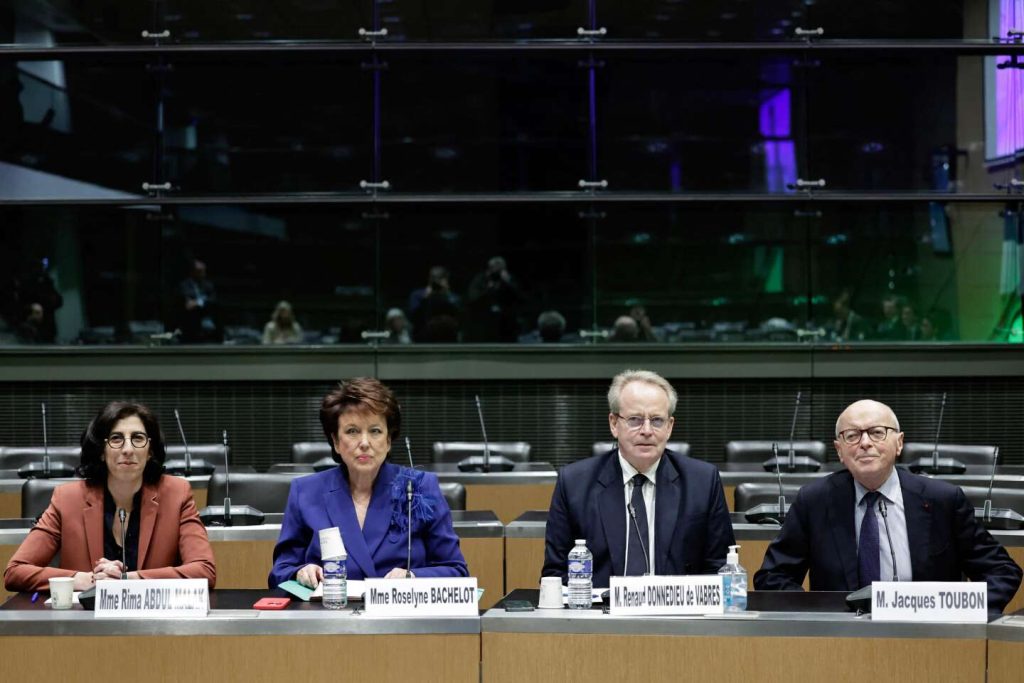The article discusses a recent parliamentary inquiry into the allocation of frequencies for digital terrestrial television (TNT) in France. The inquiry involved forty-four hearings, with questions that were often ideologically biased or unclear, leading to controversy. During a hearing that took place on March 28, 2024, at the National Assembly in Paris, former French culture ministers Rima Abdul Malak, Roselyne Bachelot, Renaud Donnedieu de Vabres, and Jacques Toubon were questioned by members of Parliament. The most ironic moment of the hearing occurred when the deputy Constance Le Grip asked Abdul Malak for her opinion on the possibility of a shared governance structure for public broadcasting companies, specifically referring to a proposed union between Radio France and France Télévisions that had been suggested by Rachida Dati.
Abdul Malak expressed her belief that a holding company prior to a merger was unnecessary, suggesting that collaborations could be achieved through specific contractual objectives and allocated resources. This response differed from the expectations of the committee president, Quentin Bataillon, who had previously advocated for the creation of a common structure known as “France Médias.” Bachelot also dismissed the idea of cost savings from a holding company, humorously suggesting that the funds would likely be spent on luxury items rather than improving operations. Donnedieu de Vabres emphasized the importance of focusing on urgent issues rather than structural debates, while Toubon criticized the use of a merger as a “placebo” solution to complex challenges.
The former ministers’ comments highlighted differing opinions on the proposed governance changes within the public broadcasting sector. The debate underscored the complexity of balancing financial efficiency with the need for strategic collaborations and the urgency of addressing pressing issues. The discussion also reflected broader concerns about the role of government oversight and intervention in cultural and media industries, particularly in times of crisis such as the Covid-19 pandemic. The varying perspectives of the ministers illustrated the challenges of finding consensus on policy decisions that impact the future of public broadcasting in France.
As the discussion continued, the ministers reflected on the changing landscape of media and information dissemination and the need for adaptation to meet evolving audience expectations and technological advancements. They also discussed the importance of preserving cultural diversity and promoting artistic expression through public broadcasting channels. The ministers acknowledged the relevance of the inquiry’s focus on frequency allocation as a crucial aspect of ensuring fair competition and access to diverse programming for viewers. The debate raised important questions about the role of government regulation in shaping the media landscape and the balance between commercial interests and public service obligations in the broadcasting sector.
Overall, the parliamentary inquiry and the subsequent discussions with former culture ministers shed light on the complexities of governance and policy-making in the cultural and media industries. The diverse perspectives presented by the ministers highlighted the challenges of reconciling conflicting priorities and finding effective solutions to pressing issues in the public broadcasting sector. The hearing provided a platform for critical reflection on the role of government intervention in shaping the future of media and cultural expression, emphasizing the need for informed and thoughtful decision-making processes to address the evolving challenges facing the industry.


